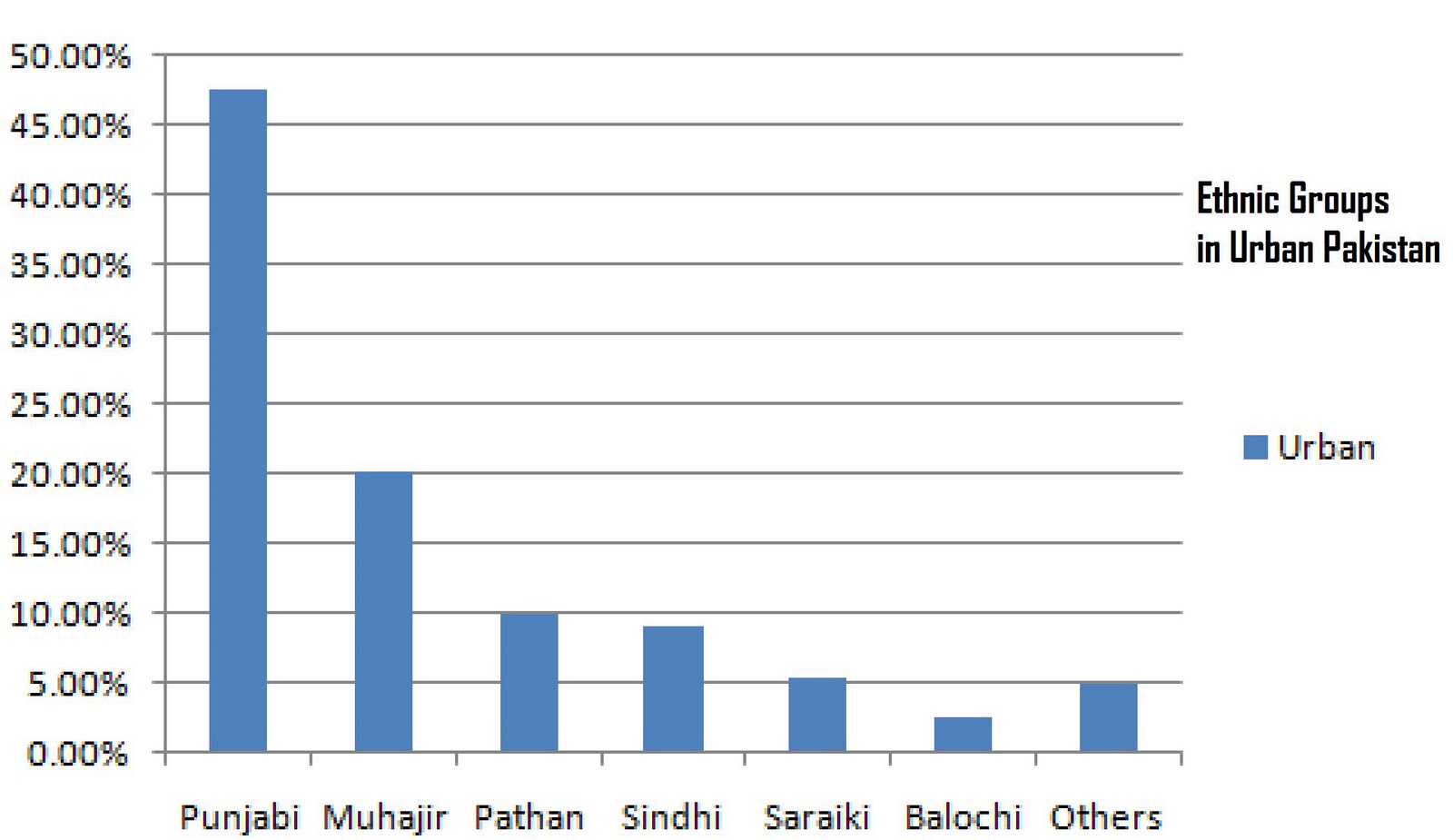Gallup 2012 Wellbeing survey reports that 20% of Pakistanis say they are "thriving", down from 32% last year. However, the report shows that more of them are still better off than their neighbors in Bangladesh (16% thriving) and India (11% thriving). The number of those "thriving" increased in Bangladesh by 3% and declined in India by 6%.
Haq's Musings: Pakistanis Rank Above Neighbors on Gallup Wellbeing Index 2012
The fact that the number of Pakistanis who consider themselves thriving is down from 1 in 3 last year to 1 in 5 now is understandable because of many serious and worsening crises Pakistan is facing today. The real question is who are these 20%? And why do they say they are thriving?
To explain the significance of the 20% who say they are thriving, you have to understand how democracy and electoral politics work in Pakistan and many other democracies.
The voter turnout in 2008 elections in Pakistan was just 44%. The PPP got 30% of the votes cast making up only about 13% of the registered voters to emerge as the single largest party. PML (N) received about 20% of the votes or approval of just 9% of the registered voters to finish in second place.
The ruling politicians operate a vast system of political patronage that allocates state's resources and formulates policies to satisfy their base.To win the next election, the PPP needs just 13% of the vote in the next election to stay in power. To maintain its base in rural Sind and southern Punjab, the PPP has done the following to keep it loyal:
1. Raised crop prices significantly to ensure a yearly transfer of over Rs. 300 billion income from cities which benefits the landed class and the rural folks who support the PPP.
2. Allocated the lion's share of development funds in Larkana & Multan and given contracts to their cronies to build roads, airports, etc.
3. Given billions of rupees in aid for Benazir Income Support Program most of which goes to those favored by PPP politicians.
4. Give lots of state jobs to its cronies to plunder the state's resources.
The PML(N), the ruling party in Punjab province, is engaging in similar acts of patronage of its base to maintain their loyalty and vote bank in the next election.
Imran Khan is the new kid on the block. He may take some of PML (N)'s votes. He is no threat to the PPP or its ANP and MQM allies.
So barring any serious military intervention or ISI manipulation of elections, the Pakistani parliament is likely to remain basically unchanged after the next election.
Haq's Musings: Haq's Crystal Ball: A Look at Pak Elections 2013
Such polls do not take into account the constituency level electoral math in various regions that make up different parties vote banks.
PPP is still popular with its base in rural Sindh and Southern Punjab but with reduced margin as seen in recent NA-151 results.



 And considering you are not part of the middle class, are you getting money from PPP??
And considering you are not part of the middle class, are you getting money from PPP?? 





